The independent US agency is using its Penalty Offense Authority to remind advertisers of the law and to deter them from using deceptive endorsements and fake reviews.
Social media and its prolific rise has obscured the distinction between authentic content and advertising. Consequently, deceptive and dishonest endorsements are commonplace online, with fake reviews dominating the web.
Fake Online Reviews Can Devastate Small Businesses
For small businesses, fake online reviews can have a devastating impact. A fake negative review can damage a business’s reputation, while a fake positive review can unfairly impact competition. With reviews now a ubiquitous part of online shopping, the need to eliminate fake online reviews has never been so important.
As Samuel Levine, Director of the FTC’s Bureau of Consumer Protection, comments: “Fake reviews and other forms of deceptive endorsements cheat consumers and undercut honest businesses,” adding:
“Advertisers will pay a price if they engage in these deceptive practices.”
Notice of Penalty Offenses
In a bid to curtail the practice of fake online reviews, the FTC is sending out Notice of Penalty Offenses. The Notice of Penalty Offenses enables the FTC to seek penalties against a company that it knows has been unlawful in a previous FTC administrative order, other than a consent order.
The notice warns a business of unlawful practices relating to the use of endorsements and testimonials. The notice informs a business that it could incur significant civil penalties – up to $43,792 per violation – if they use dishonest endorsement.
The official letter lists the practices that the FCA determine to be deceptive or unfair in prior administrative cases. These practices include the false claiming of an endorsement by a third party, mispresenting whether an endorser is an actual, current or recent user, using an endorsement to make deceptive performance claims, failing to disclose an unexpected material connection with an endorser, and misrepresenting that the experience of endorsers represents consumers’ typical or ordinary experience.
FTC’s Resource Guide
The FTC has created a resource guide for businesses to help them maintain lawful practices when using endorsements to advertise their products. The guide lists important information about endorsements, social media contests, online review programs, employee endorsements, affiliate or network marketing, intermediaries, using testimonials, and more.
More than 700 companies have been in receipt of a Notice of Penalty Offenses by the FCA. Recipients range from large companies, leading retailers, top advertisers, top consumer product companies and major advertising agencies.
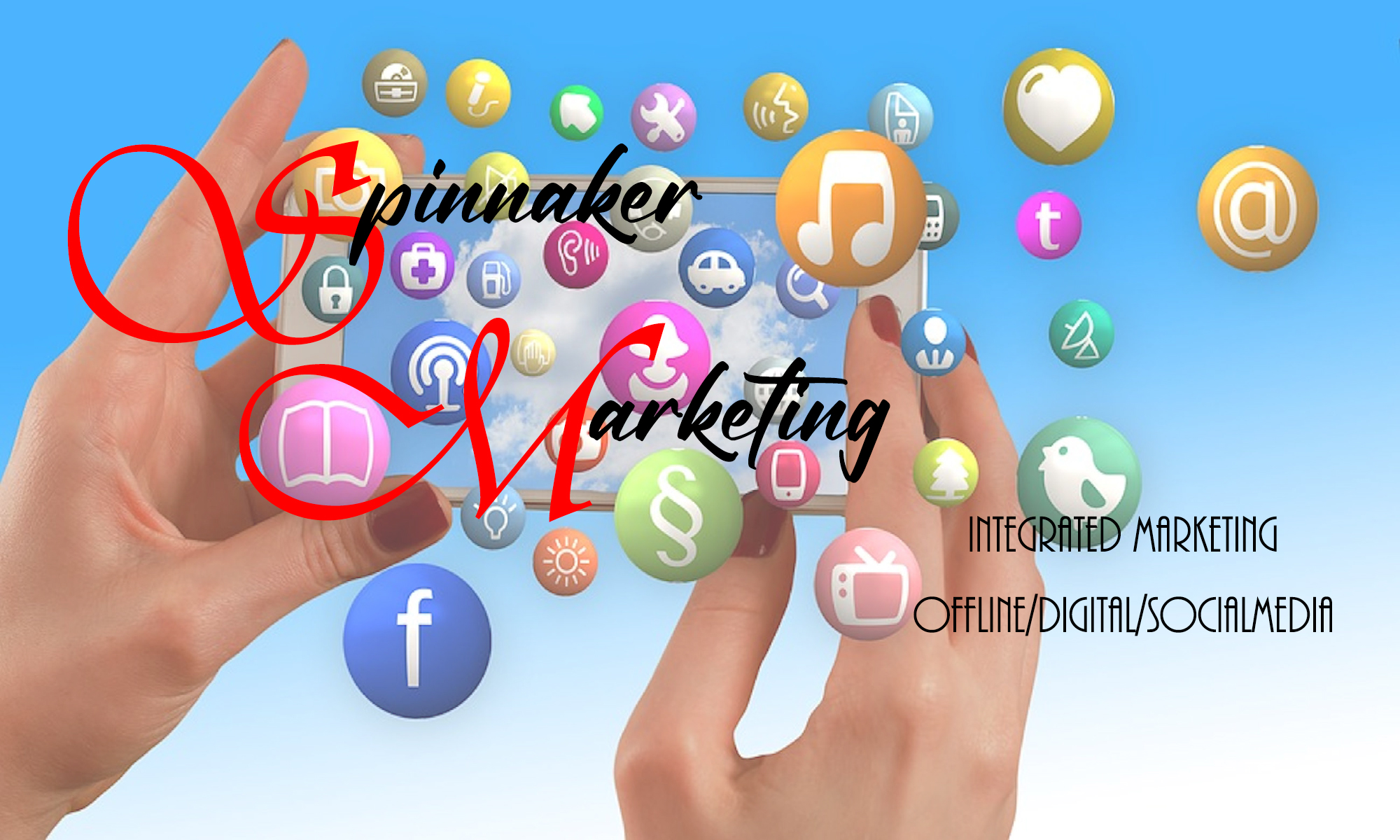
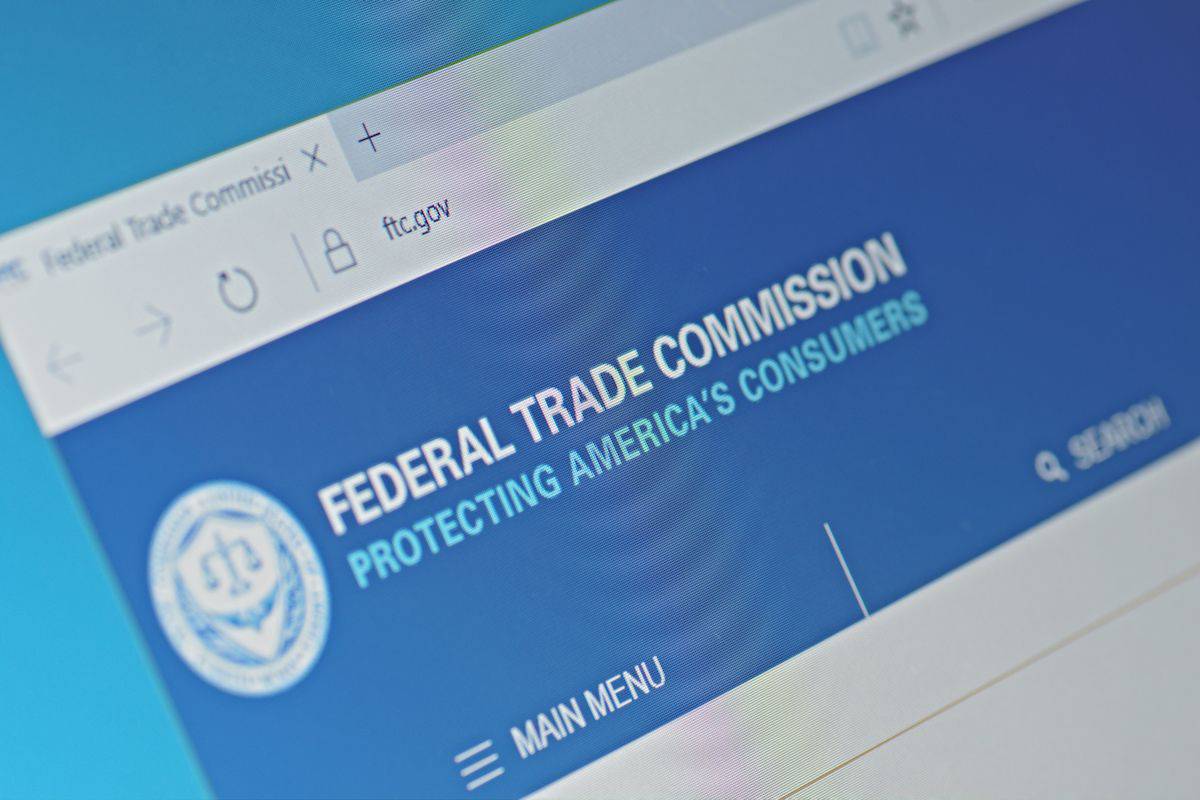
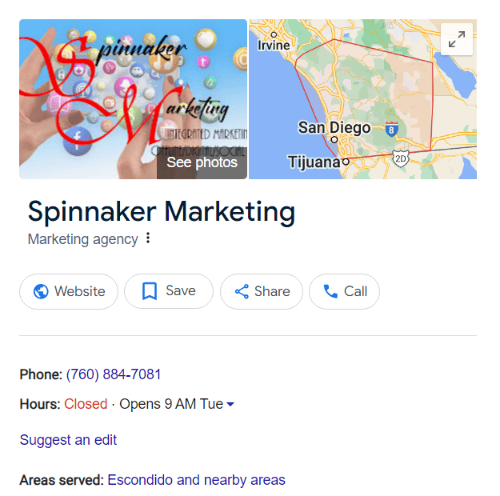
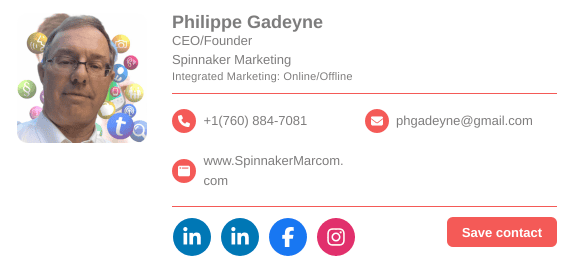
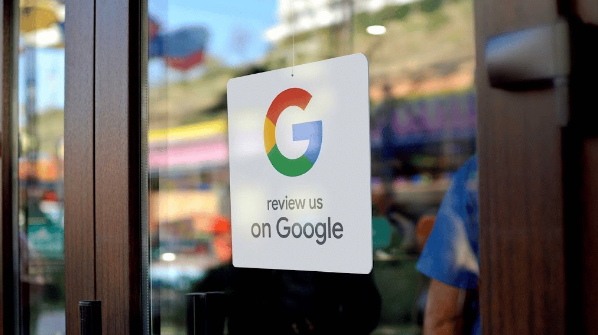
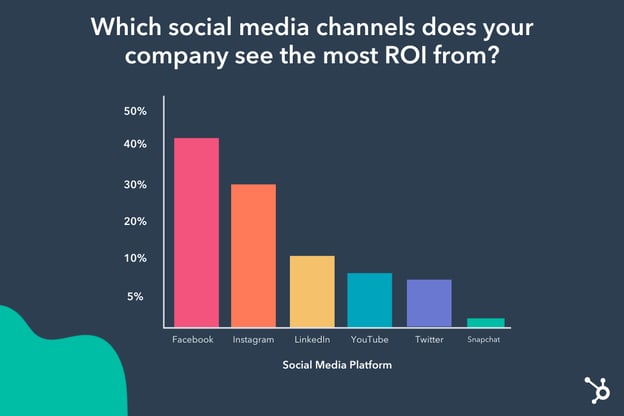



 For as long as social media marketing has been around, marketers have struggled with how to determine return on investment (ROI). Despite a multitude of available metrics, the question still tops the list of challenges marketers face with social media.
For as long as social media marketing has been around, marketers have struggled with how to determine return on investment (ROI). Despite a multitude of available metrics, the question still tops the list of challenges marketers face with social media.